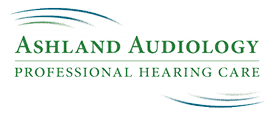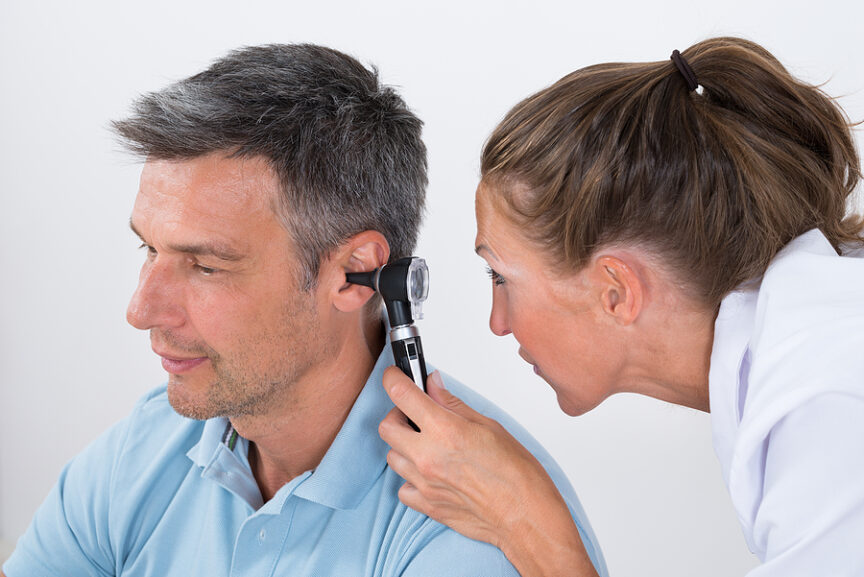Earwax, medically known as cerumen, protects the ear against dust, foreign particles, and microorganisms. It moves from inside the ear canal to the outer part of the ear, where it is washed away. However, certain conditions and habits, like frequent use of earphones or hearing aids, narrow ear canals, or even excessive ear cleaning, can prevent earwax from moving out naturally, causing a buildup or blockage.
When accumulated in excess, earwax can lead to hearing issues that may leave you feeling isolated and frustrated. Earwax can press against the eardrum or fill the ear canal, causing significant discomfort and hearing problems.
Signs Excess Earwax Is an Issue
One prominent sign that earwax may be causing hearing problems is a sudden or partial hearing loss, often temporary. This type of hearing loss happens when the wax creates a physical barrier that prevents sound waves from reaching the eardrum effectively. As a result, sounds might seem muffled, and activities like conversations can become challenging.
Another indication is an unusual feeling of fullness or pressure in the ear. This sensation usually arises when the wax is in the process of accumulating and pressing against the eardrum. It might be accompanied by occasional ear pain or a persistent itch inside the ear, symptoms that should not be overlooked as they suggest the presence of significant earwax buildup.
Common Misconceptions About Ear Cleaning
It’s easy to believe that cleaning your ears with cotton swabs will help prevent earwax buildup and the problems associated with it. However, this practice can push the wax further into the ear canal, worsening the blockage. Sometimes, attempts to clean the ears with objects like bobby pins or even fingers can result in injury or infections, making the situation worse.
Instead of helping, aggressive ear cleaning can strip the ear of its natural layer of lubrication and protection. Without the ear’s own defense mechanisms, you might find yourself more prone to ear infections and other complications. Therefore, it’s always best to practice gentle and sensible ear hygiene routines and avoid inserting objects into your ears.
When to Seek Professional Help
While it might be tempting to remove earwax yourself, there are times when seeking professional assistance is the right choice. If you experience significant hearing loss, discomfort, or suspect an earwax blockage, it’s important to consult a hearing health professional. Professionals have the proper tools and techniques to remove earwax safely without damaging the ear canal or eardrum.
Often, they use specialized equipment like an otoscope to look inside the ear and determine the extent of the wax blockage. They might employ methods such as irrigation, suction, or specialized instruments to remove the wax effectively. Professional intervention ensures the safety of the ears and helps restore clear hearing without the risks associated with self-removal.
Preventing Earwax Buildup
While earwax cannot be completely prevented, certain habits can be adopted to help minimize the risk of buildup. Regular, gentle cleaning of the outer ear using a damp cloth is adequate in most cases. It’s important to avoid using cotton swabs inside the ear canal as they can push wax deeper and lead to blockages.
Pay attention to hearing aids or earphones that go inside the ear canal. Clean these devices regularly and give your ears a break to allow for natural earwax migration. By taking these steps, you can maintain ear health and keep your hearing sharp and clear.
The Positive Impact of Professional Care
Seeking timely professional care can make a significant difference in addressing hearing problems related to earwax. Hearing health professionals are trained to identify and treat these issues with precision. Their expertise ensures that not only is the earwax removed safely, but they can also provide guidance on how to prevent future buildup.
Imagine regaining the ability to hear clearly after struggling with a blocked ear. The sense of relief and connection with the world around you is invaluable. Prioritizing your ear health through professional care can enhance your overall well-being and restore the joy of hearing.

